Blizzard was a company that won its fans by forging new paths. Activision Blizzard is a company that now feels weighed down by its own legacy. After a nearly a year of negative press and stories, Activision Blizzard is going into this November trying to balance dueling philosophies: does it try to keep its reputation as a creative innovator, or does it double down with an approach that to many, seems like it puts raw revenue first?
Blizzcon 2019 is about to begin, and I think that it will be its most important press conference ever given. We already have plenty of leaks and rumors that the company is going for broke. A lot of massive game reveals are right around the corner, and I have no doubt that they will do their best to drum up as much hype as possible as a way to make people forget about the recent errors that they have made. In a lot of ways, they will be successful because gamers are very well trained to grab for the new shiny toy of a game without thinking of the context around it.
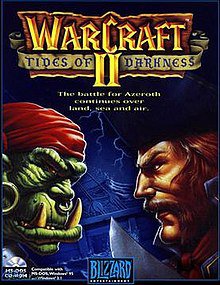
Blizzard has come a long way after 25 years in the Warcraft franchise. Getting this big though comes with its own new challenges and responsibilities.
Blizzard is probably going to be just fine, thanks to its franchises and being successful enough to have its own convention. But what about its moral compass? Will its reputation survive after the hype of new cutscenes and shocking reveals wear off? The tone that they choose to set this weekend will showcase what they consider important as a company, and that tone might be what will determine whether Activision Blizzard will be loved or hated for years to come.
My Own Rose-Colored History Of Blizzard
Skip to the “Money Or Reputation” section for thoughts on the most recent developments, but I think to understand how important this weekend might be, we have to take a trip down memory lane.
I’m going to come clean with a full admission of guilt: I want my once favorite gaming company to succeed. I want them to weather this storm of bad publicity and change course to capture the lightning in a bottle that they seemed able to do over and over again when I was younger. Maybe its because I grew up alongside Blizzard’s rise to power, but for at least a decade it felt as though they could do no wrong.
One of my earliest gaming memories was making the walls shake in my father’s office with the noise of the oil tankers in Warcraft 2. My dad’s co-worker owned this strange game of running armies and building bases, and I had never seen anything like that before; most of my friends had only games like Sonic, Tetris, or Mario. When we got stuck at his office when school was out, he begrudgingly let his friend teach us how to play.
I was obsessed. Here was a game that not only had depth and complexity that I was just figuring out how to manage, but it also had story? I wasn’t alone in my appreciation; this merging of plot and gameplay was revolutionary for the mid 1990’s. When Starcraft arrived on the scene in 1998, it changed the landscape of video games for good. now we had cutscenes that were happening during gameplay, rather than stilted lines of text between missions. There was an epic over-arching story that occurred over multiple faction perspectives. There was a sense of gravitas that others hadn’t tried for. When Warcraft III came out in 2002, they proved to be the best at what they do. Now with four factions and an epic sweeping arc of a campaign, Blizzard captured the hearts and minds of their fans so completely that many raved about how they wanted to just live in Azeroth.
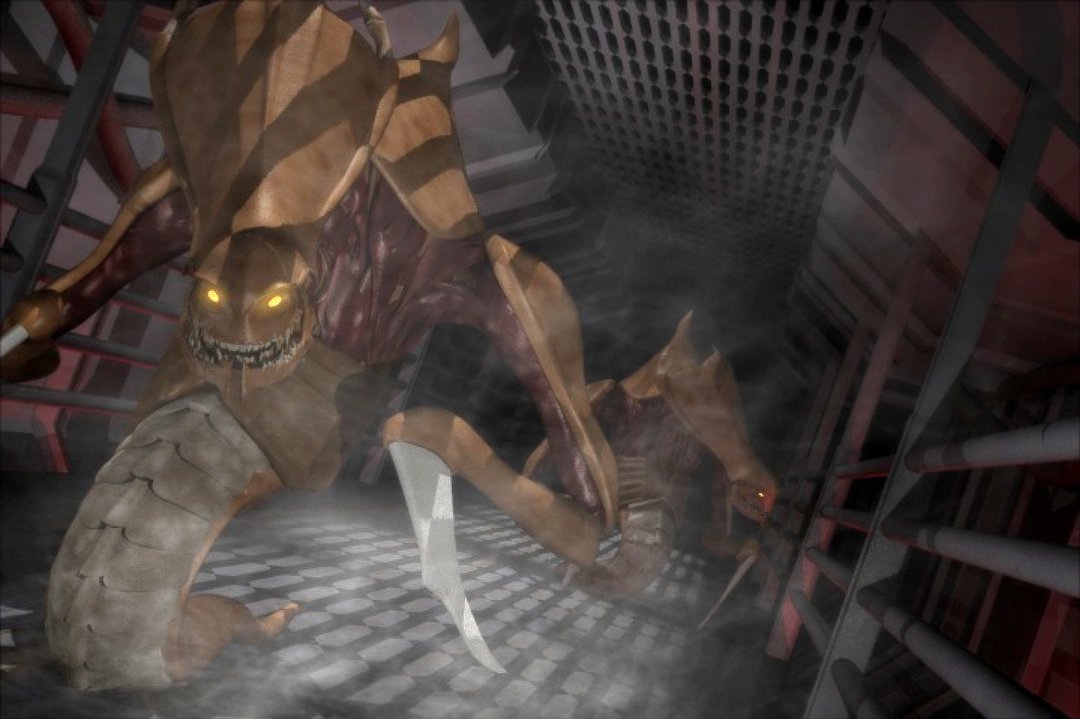
Does anyone else remember having nightmares when they saw this cutscene for the first time? Because I totally had nightmares.
Does anyone remember how people laughed at the idea of World of Warcraft? It’s hard to remember that, but I do. People were banking on Everquest 2, which was also coming out in November 2004, to be the inheritor of the MMORPG genre. Many rolled their eyes at a game company who was going to make such a hard turn into a game style they knew nothing about.
No one was laughing by 2008, when it was revealed they had 10 million active subscriptions worldwide.
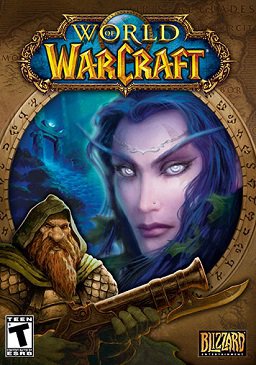
By this point, Blizzard hadn’t just achieved success as a game company, but had reached a level of fandom that other gaming giants would drool over. The first ever BlizzCon happened in 2005, and the fact that a single company produced such a massive undertaking has to be applauded. For perspective, BlizzCon 2018 had over 40,000 attendees, with Blizzard able to also sell ‘digital tickets’ to fans hungry for exclusive content.
I haven’t even needed to bring up Diablo, a game franchise that shaped the shaped the genre of Action RPGs from the very beginning. I’m not even going to touch Overwatch. THAT is how big Blizzard is, and how far reaching its reputation and style has been; I don’t have to discuss at all two game worlds that have impacted the games world at large, and Blizzard still sits as a developer bar none.
The Money Machine Begins
For me, my rose-colored glasses got their first crack eleven years ago when Blizzard became Activision Blizzard. Part of this shift comes simply from the addition of “Activision” to the name; the name of gaming companies carries a certain weight, and these two reputations couldn’t be more different.
Blizzard’s reputation was sterling in many ways at this point. It was known for killing games late in production because they didn’t meet standards. It was considered a humorous quirk that Blizzard games would ‘be published when they were ready’, with no set release date given for years. Meanwhile, Activision was in the middle of a purchasing streak, fine-tuning series like Call of Duty to be a massively successful game franchise that cranked out sequels with only minor changes between games, a trend that many games under Activision were infamous for.
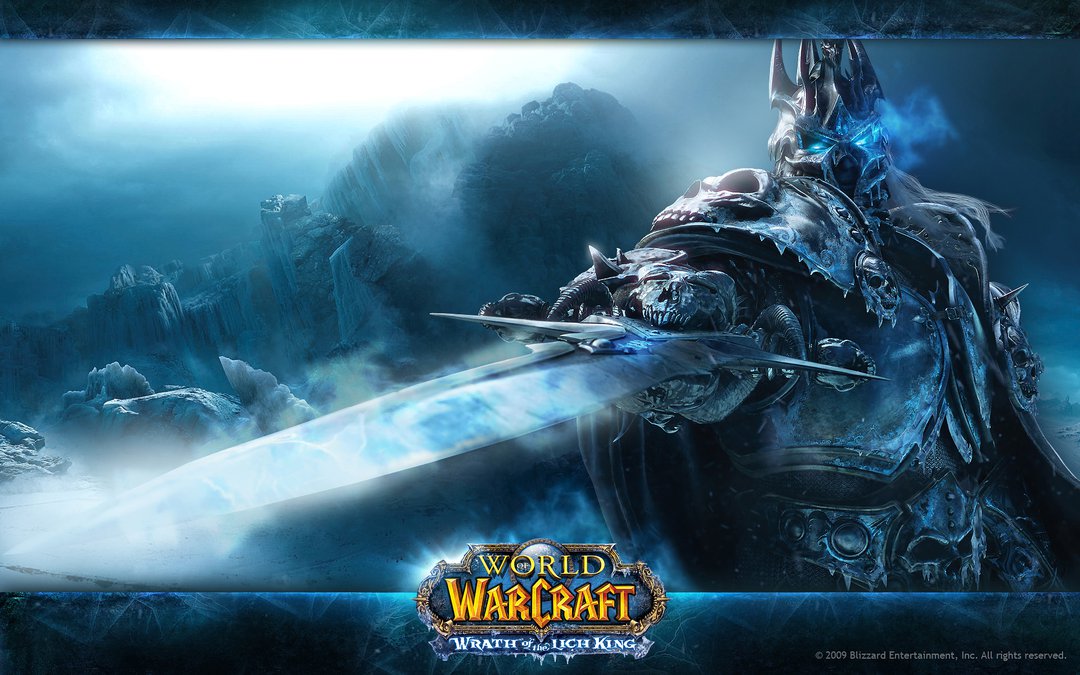
World of Warcraft was a turning point for Blizzard, in so many ways. Other companies weren’t just looking at Blizzard’s reputation now, but its absolute dominance over genres. At the time of the merger, Blizzard was making approximately a billion dollars a year in subscription fees. Activision wanted that money, a way to consistently make revenue without funding the production of entirely new games.
This might be my fanboy nature leaking out, but I don’t think it’s a surprise that Wrath of The Lich King, their most critically acclaimed expansion to World of Warcraft, was the last one developed before the merging of these two companies.
By 2010, I was now growing tired of Blizzard. Part of it was now I didn’t have time for World of Warcraft binge sessions that I used to have in college, but it was also that the luster was wearing off. Starcraft II came out, but only one-third of the story rather than a complete package. I thought that was exciting as an idea, but the first campaign felt simple in its plot in comparison to previous games, relying deeply on nostalgia and rehashing old characters rather than forging ahead.
Diablo 3 came out in 2012 after a full decade between games; it was unplayable for the first week, and one of its greatest innovations was a real-money auction house. If that doesn’t say enough on its own, I don’t know what does. By the time you have Heroes of the Storm in 2015 which was a free-to-play MOBA that ran on random loot chests, then Overwatch in 2016 which you had to buy, then unlock skins through additional randomized loot boxes, the shift in perspective and approach to gaming is obvious. From the ground up, Activision Blizzard’s focus on money was out in the open for all to see.
There had been a turning point in the process of Blizzard’s game development. We can argue about when the switch happened, but somewhere between its acquisition and discovering unheard of success with World of Warcraft, a definitive shift did occur.
I don’t mean this as a damning statement, at least not yet. Indeed, a majority of the gaming market has morphed and twisted in unsavory ways over the last fifteen years. The gradual shift from standalone expansions to steady drips of DLC is something that has been years in the making. The change from games as solitary purchases to continuously online experiences came with a lot of hype, the criticism only appearing too late to stop the transition. Indeed, in comparison to other big names in the industry, Activision Blizzard isn’t one of the worst offenders in terms of treating its customers like cash piñatas.
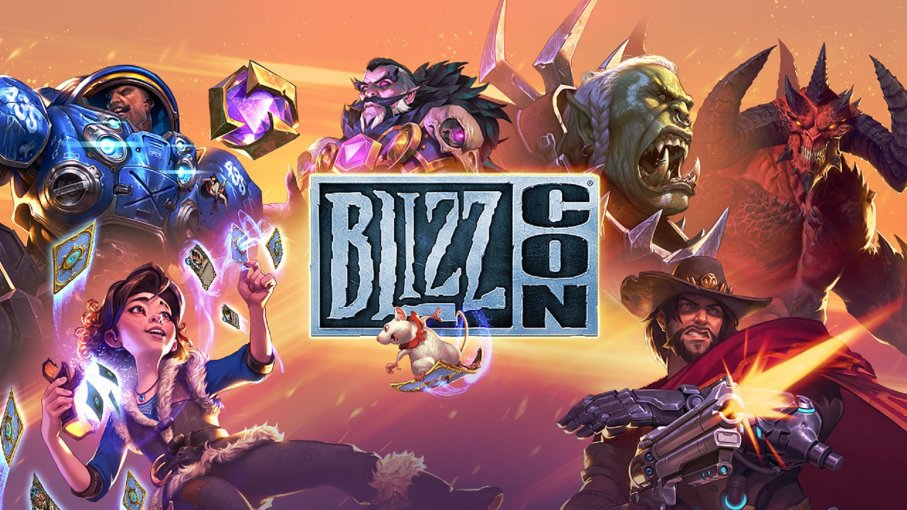
However, many of these shifts towards satisfying quarterly earnings reports is what set up Blizzard for what I can only describe as the worst year yet for its reputation. A focus on revenue or a bottom line can give a company tunnel vision, willing to sacrifice quality to hit release dates being just one example. Because of this, Blizzard is going into BlizzCon 2019 in the center of an international firestorm. Its fear of losing international backing was enough to cause snap judgements that enraged its player base back home, but its only the most recent example of a company that's been relying on previous successes and unending need to show economic growth.
2019 Has Not Been A Great Year
While the most recent #BoycottBlizzard scandals involving Hearthstone players and freedom of speech are on the front of everyone’s mind right now, there have been a bunch of other issues that have plagued my once-favorite gaming company for what feels like an entire year. I could absolutely talk about the Hong Kong incident and freedom of speech, there are so many other amazing articles on this issue I don’t feel like I have the nuance to add more value to that discussion.
Instead, we should remember other miss-steps as well, to show this isn’t an isolated incident. Going back exactly one year brings us to BlizzCon 2018. Remember BlizzCon 2018? We were so innocent back then, thinking that was the worst things could get. It was a debacle because Blizzard chose to end their opening ceremonies on revealing not Diablo 4, but Diablo: Immortal, a mobile version of their classic franchise. The reactions by die-hard fans at the convention were hostile enough that they became viral online.
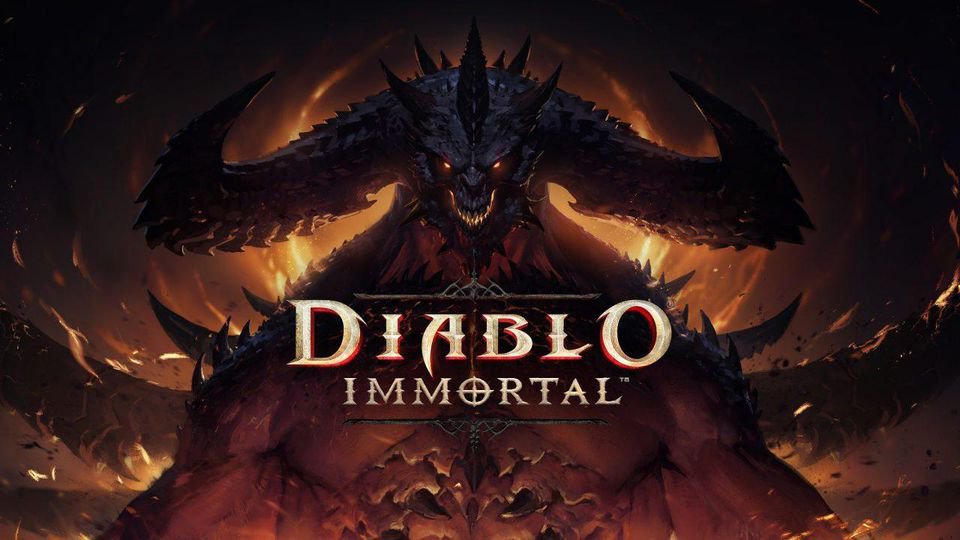
This could have gone better.
This feels more like an error in marketing rather than substance. Many articles reported over the next month that Blizzard DID have Diablo 4 in the works, but had pulled a big reveal at the last minute because they wanted to – in classic fashion – have something breathtaking to show instead of just a title screen. On its own, Diablo: Immortal is a game that doesn’t appeal to me (and many other fans of the franchise; Blizzard started as a PC gaming giant after all), but it doesn’t have to. Mobile gaming is huge market in Asia after all, and I don’t mind when a company branches out to a different audience than just me.
What it did show with this issue was a sense of tone-deafness; it hadn’t just made an offshoot for a new crowd, but had forgotten to throw red meat to its core fans. This is a trend that continued with Heroes Of The Storm, when just a month later they surprised everyone by cancelling their E-Sport season without any advance warning. This now was shifting from absent-minded PR mistakes to actually causing harm. Game streamers and those who had entered the professional arena found their monetary contracts forfeit. Regular gamers who had been excited with some of the reveals during BlizzCon 2018 just a month before felt betrayed. I was one of them. For me, this was a moment that proved the company had truly shifted towards corporate hellscape. Many companies like to enact a process of cutting to the bone, where despite posting profits, laying off staff and removing support that they consider redundant.
The fact that Activision Blizzard gutted a game's main fan base and fired over 800 employees to just acquire better profit margins made me not want to play any of their games anymore.
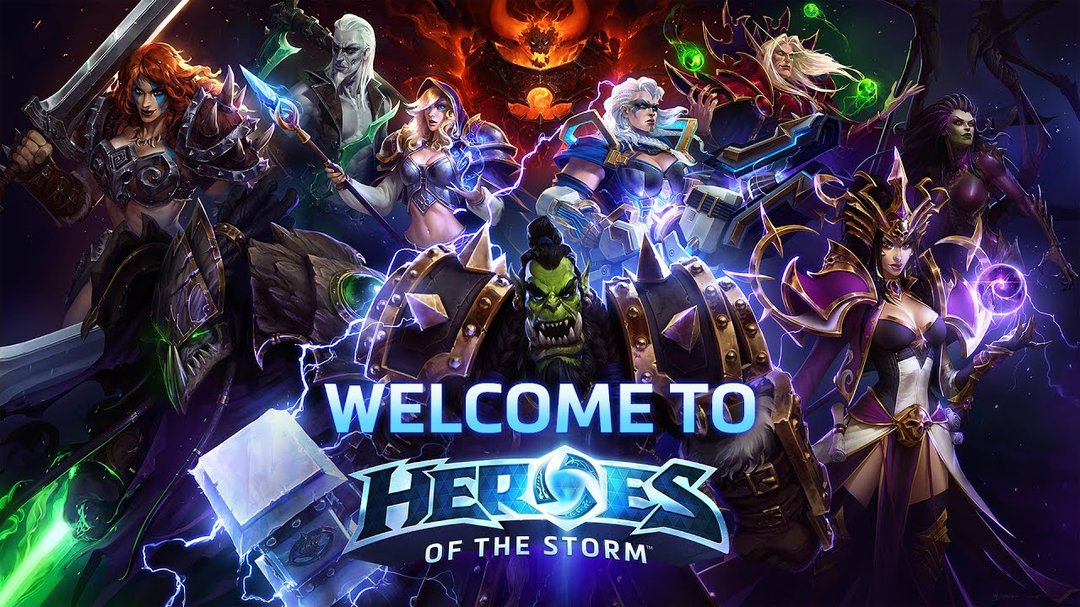
World of Warcraft: Battle For Azeroth came out before 2019, but as the expansion's initial hype waned, a sense of malaise returned for many. People originally loved the Warcraft universe because of its sense of story and depth. Now, as the climax of storylines for fan favorites like Sylvanas Windrunner came to a head after over a decade of development, it was becoming clear that many of the plot points and themes that were recursive. On its seventh expansion, World of Warcraft wasn’t trying to break new ground, but cash in on its previous successes. Rather than choose to breathe new life into their world through another standard Warcraft game or even a sequel to their MMO, they were proving that they would rather retread old ground instead.
One of the only highlights for Blizzard so far this year was World of Warcraft: Classic. It was made in reaction to the wishes of the fans, and many of the stories that have come out of those servers have warmed this once-player’s heart. Again however, this was looking backwards, not forwards. This was feasting off of previous successes, rather than carving a new path.
This brings us to the last few months; to Hong Kong, to the protests, to the censuring of their own competitors, and the boycott which led to many deleting their Hearthstone app and Battle.net accounts.
Money Or Reputation – Which Matters More?
This is not the end of Blizzard. For those doomsayers who state that they are now in freefall, that just isn’t the way game companies work. If that was the case, Electronic Arts would have been buried six feet under years ago, when its name appeared repeatedly in the infamous “Hated Most Companies In America” lists. Money speaks louder than any internet jockey in their basement complaining about a company’s mistakes, and until that complaining becomes action through boycotts and petitions and protests, things don’t change.
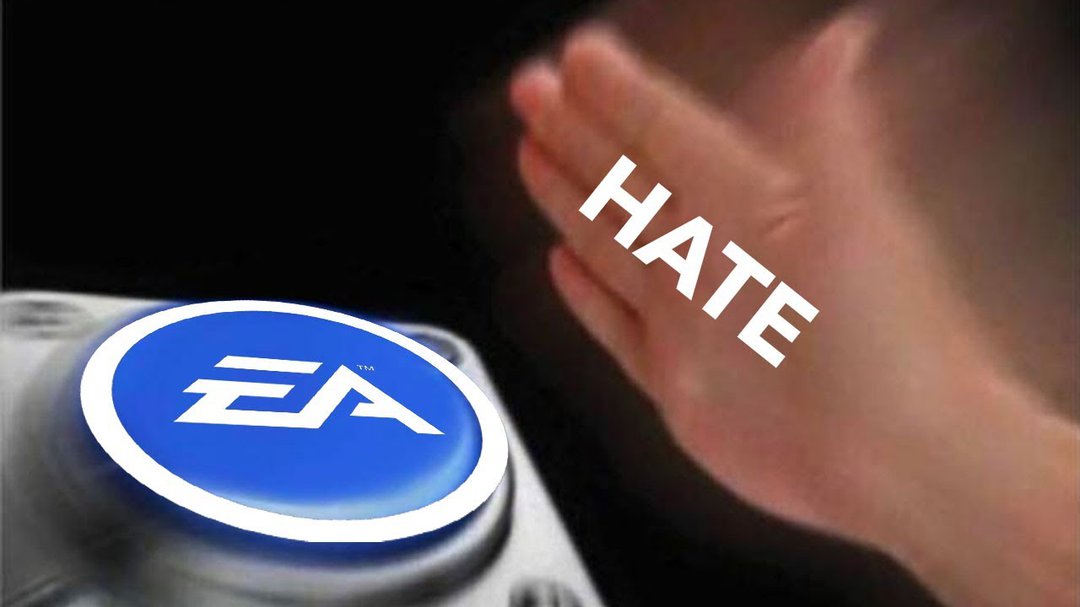
This was one of the first images that came up when I googled Electronic Arts.
What I do think we are seeing is the destruction of Blizzard’s reputation as a company. Despite being a giant in the industry, it was able to hold onto this mantle of being different, being an innovator, for years after it achieved market dominance. That credibility has protected it for years, as many of its choices in the last decade showed a hunger for money becoming more central to its core philosophy.
The death of your reputation doesn’t doom you, not immediately. Again, we’ve seen game companies able to rake in money while still being hated for their choices on DLC or pushing unfinished games; no organized protest against these practices means they feel free to continue building money pits rather than innovating. No, a bad reputation doesn’t mean you’re through… but it does start the slow slide down. The next game you reveal has less hype as people don’t trust your product as much. Your next sequel to a well loved series is met frostily, with players rolling their eyes and saying you aren’t able to innovate.
To me, this sort of reputation death is insidious, as it slowly poisons your fanbase and community. Enthusiasm wanes. Even if people play your game, that level of devotion isn’t there. Its going through the motions, instead of pure enjoyment.
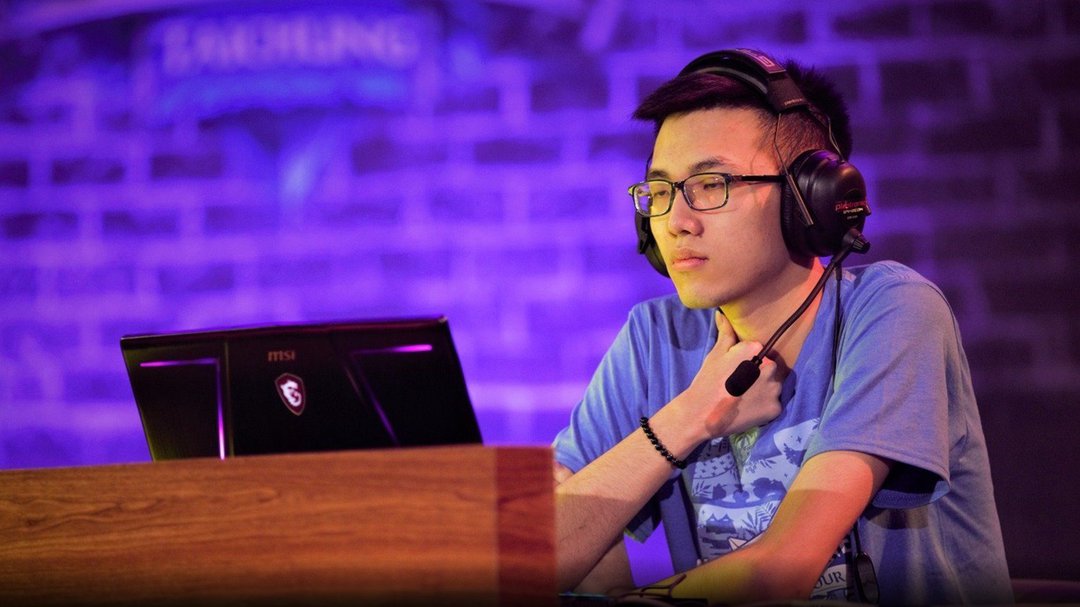
While Blitzchung's sentence has been reduced, those who are boycotting Blizzard still say that isn't enough.
In a lot of ways, Activision Blizzard is getting pushed back against stronger than other companies; part of that is because their fanbase is so strong, and because they’ve spent so many years crafting this strong image. I’ve never seen such an organized effort against a gaming company before by players themselves start so quickly and become so strong.
It’s a good thing; it shows a community that cares, that wants a company to do better because it thinks that it can. This weekend, Blizzard has a chance to show that it does. The question is, what do the executives think matters more? Their own internal moral codes and their reputation among the community that helped build and support their company… or the company’s monetary bottom line?
Blizzcon 2019 Can Be A Turning Point
As I wrap up this article, BlizzCon 2019 is around the corner. There have been a ton of leaks about what’s going to be revealed: Diablo IV, a new Overwatch game, and a whole lot more. Everything points to this being a banner year in terms of new games and new hype.
Part of me doesn’t care. Part of me just wants to see Blizzard to take the high road and figure a way to reconnect with not just their fans, but their original mission of making great games. I want to see them not just acknowledge that they messed up, but prove it through action.
I’m not sure if that’s going to happen yet. Other game companies have done far worse, and haven’t been affected. The fact that there has been a boycott at all that gained traction is an improvement, but until it bothers a company’s bottom line, there’s a good chance issues like the Hong Kong protest aren’t going to matter unless CEOs and company presidents choose to take the high road on their own.
I said it at the start: I was a Blizzard fanboy. I grew up with the company. I loved what they did, and how they brought not just great games to the table, but new ideas. I want them to be willing to forge ahead into brave new territory this weekend, bold enough to tackle some real world issues head on rather than hiding behind the “games aren’t political” defense that becomes flimsier and flimsier every year.
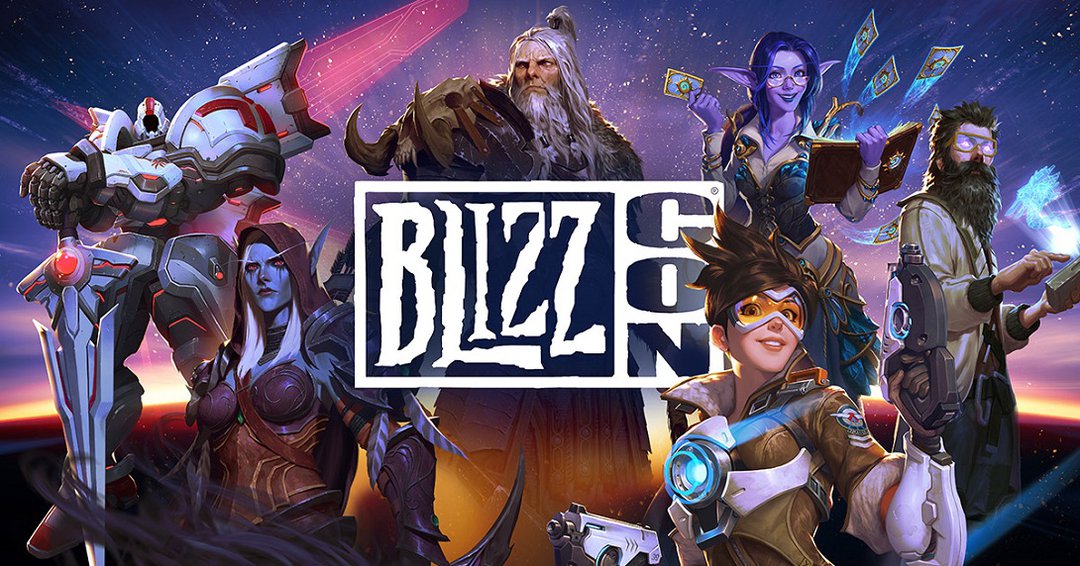
I want a reason to root for Blizzard again. I want a reason to go back to playing their games after the censureship issue happened. I want to see a company that’s flush with cash and bigger than life take the high road and forge a new path as a model for others to follow.
I really hope I get my wish, but I’m not holding my breath.